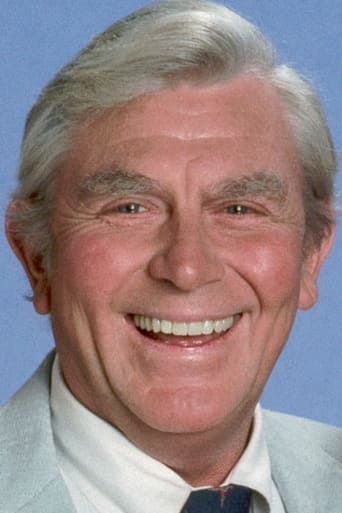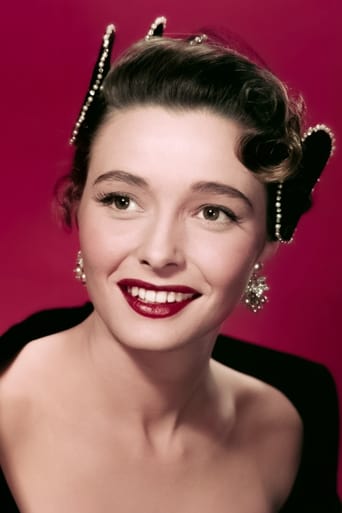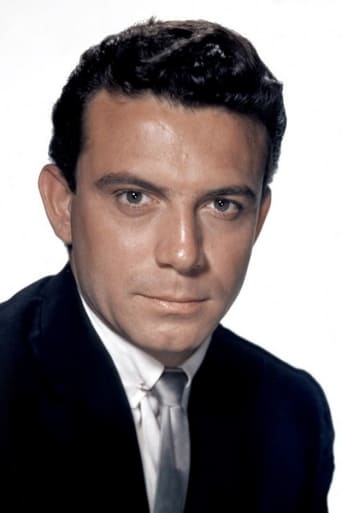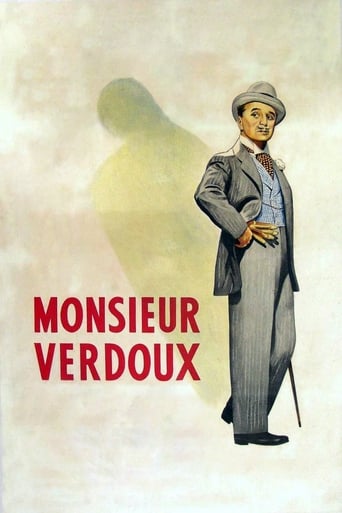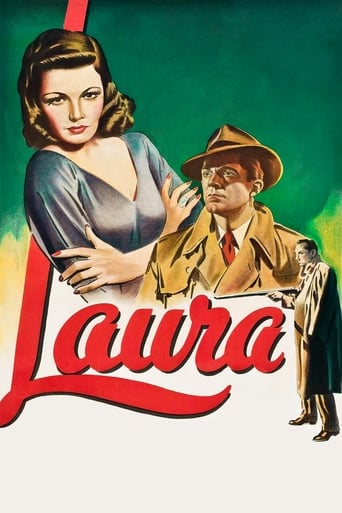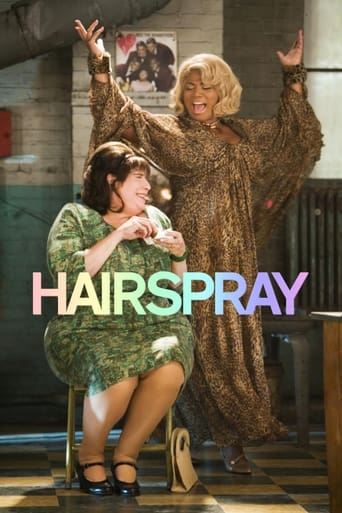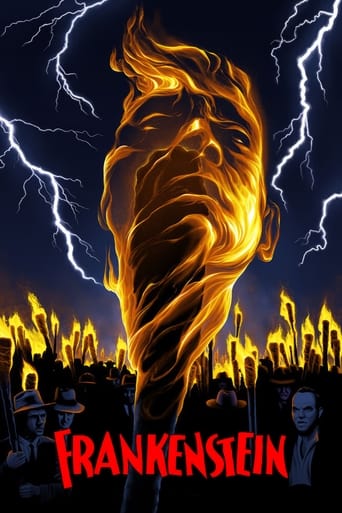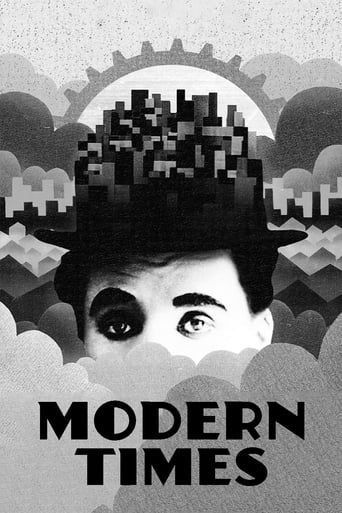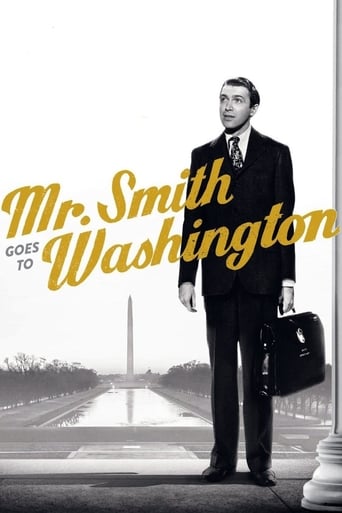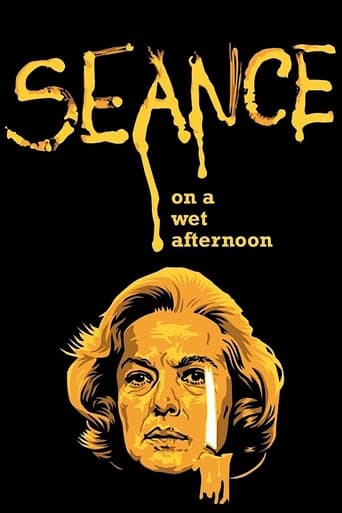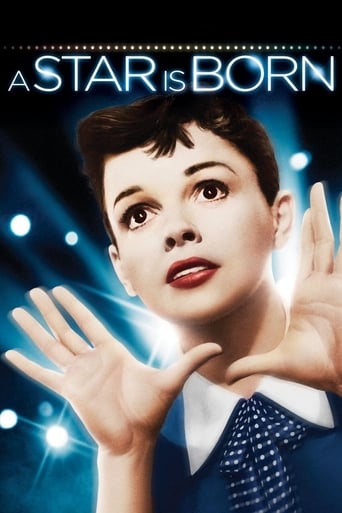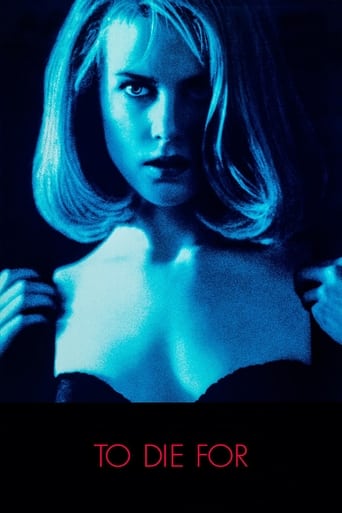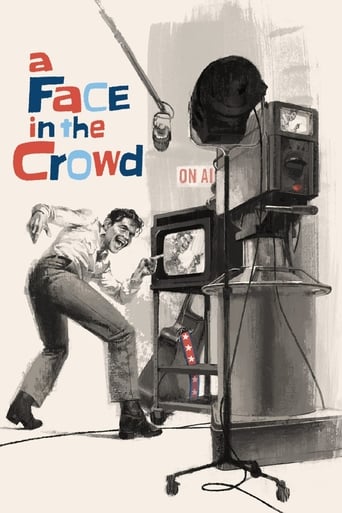
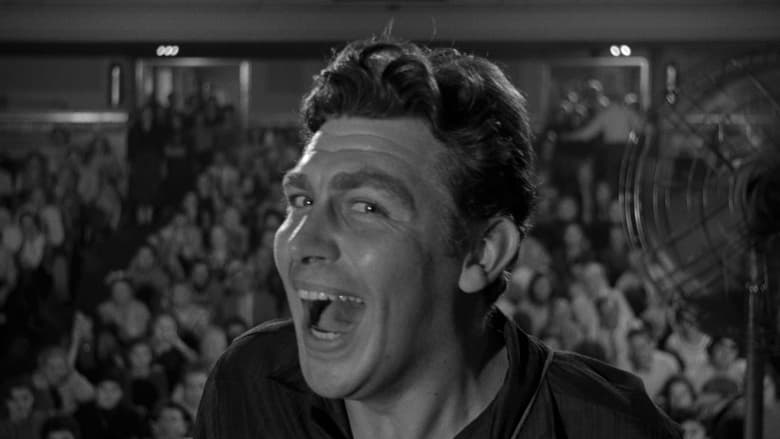
A Face in the Crowd (1957)
The rise of a raucous hayseed named Lonesome Rhodes from itinerant Ozark guitar picker to local media rabble-rouser to TV superstar and political king-maker. Marcia Jeffries is the innocent Sarah Lawrence girl who discovers the great man in a back-country jail and is the first to fall under his spell.
Watch Trailer
Cast
Similar titles
Reviews
I love this movie so much
Although I seem to have had higher expectations than I thought, the movie is super entertaining.
Great movie. Not sure what people expected but I found it highly entertaining.
The acting is good, and the firecracker script has some excellent ideas.
Wonderful original screenplay by Budd Schulzberg and good performances by the leads. Good film that explores the power of the media on the same lines as Billy Wilder's "Ace in the Hole" made 6 years prior to this work. Only difference was the two films dealt with different media.
This sat in my DVR Cache for a bit, before I cued it up - it's an absolute 10/10. Andy Griffith, before he moved into Aunt Bea's house in Mayberry, is electrifying on screen. Other great performances by Walter Matthau, Patricia Neal, Lee Remick and even Tony Franciosa (before he became an ubiquitous TV co-star on things like Hotel and The Love Boat). The director Elia Kazan had previously directed one of the greatest films ever filmed, "On the Waterfront" and other classics (Streetcar/Desire, Tree/Brooklyn . . . ). Put this one alongside those films. Well-filmed, well-acted, well-written. Imaginative. Still relevant. Running out of superlatives. WOW!!!!!!
In 1957, "A Face in the Crowd" was conceived as a social satire, but in a modern context, it's a horror movie--horrifying for the simple fact that so much of it has become true. When parody melts off the screen and takes the shape of reality, reality should hop off a cliff and reassemble itself.Patricia Neal is Marcia "short for marshmallow" Jefferies, a radio journalist with a program called "A Face in the Crowd," in which she goes to ordinary places, turns on the microphone and lets ordinary people speak, sing or do whatever--think Alan Lomax. She comes across Larry Rhodes--whom she dubs "Lonesome"--(Andy Griffth), ramblin' man in both the oratory and traveling sense--think Woody Guthrie with personality.Lonesome is an instant media sensation, due to his fiery nature, brazen vernacular and woodsy charm. He spouts spittoon wisdom and pounds out half-baked folk songs; despite not doing anything perfect or proper, people sense his authenticity and eat it up. As happens when a bolt of lightening appears, businessmen everywhere hold up a jar in hopes of catching it. Before long, Lonesome is headlining television, having boats and mountains named after him and even becomes campaign advisory to the likely future president--thanks to Lonesome's help, of course. The film is a scathing indictment of celebrity culture, the media and the growing reliance of politics not on policy, but reliability. The film is more relevant today than it ever was--reality T.V., the invasion of media out of our living room and into our pockets, candidates going on SNL--and will probably grow in relevance as time goes on. Also on display is the entertainment industry's tendency to take something real and raw and cook it to a charred, black shell of its formal self--milking every last cent before moving on to the next thing.In a performance that could have been overplayed, Griffith takes the character to the furthest extreme without quite going over the edge. Like the audience inside the film, the audience outside the film's relationship with Lonesome is the same: he starts out charming and honest, but after power in introduced and his backwoods charm is perverted, he turns into a plastic version of himself, and both audiences turn against him. It's up to Griffith to pull off the subtle transformation without really changing the character; that he does. As Griffith gets the showier performance, it's easy to lose sight of the supporting characters, or even the co-lead, Patricia Neal, who's great as the bookish, regretful inventor of Lonesome--she's almost Oppenheimer-like--who gets suckered in just like everyone else. One of my all-time favorite cinematic pinch-hitters, Walter Matthau plays a writer commissioned to Lonesome. He's not so much the conscience of the film, but rather its brain ("All mild men are vicious. They hate themselves for being mild, and they hate the windy extroverts whose violence seems to have a strange attraction for nice girls who should know better").Among the upper-echelon of media mocking, "Ace in the Hole," "Network,"--both of which have become fact in one way or another-- sits comfortably "A Face in the Crowd." It shines a spotlight onto the dark side of entertainment, creating a "Scarface" for the media world, only more terrifying.
Released in 1957, Elia Kazan's "A Face in the Crowd" stars Andy Griffith as Larry Rhodes, a fast-talking drifter who's hired by the producer of a small-town radio show. As the plain-speaking Rhodes appeals to listeners, he quickly becomes famous, and thus a powerful marketing tool.Pre-dating "Network" (1976) by almost two decades, "Crowd" reveals a world in which newspaper, radio and television have become powerful tools of manipulation. Rhodes is not only used as a pawn to push products, but political candidates as well, Kazan anticipating the rise of a new breed of political pundits, folksy "everymen" used by those in power to sell lies to the masses. Kazan's films have often been about the pitfalls of "success". If films like "On the Waterfront", "America, America" and "Viva Zapata!" observe the struggles of social climbers, fare like "The Arrangement", "The Last Tycoon" and "A Face in the Crowd" are explicitly about "success stories" who become painfully disillusioned. Rhodes himself shifts from a man who wanted little to do with money, power or politics, to a man who embodies everything he once detested. Selling products and political candidates on television, Rhodes then begins to despise his many fans and viewers; he deems them simple-minded dupes. Earlier in the film, others condescendingly viewed Rhodes the same way."You gotta be a saint to stand all the power that little box gives you," a character played by Walter Matthau states. It's a lesson Rhodes soon learns. By the film's second half, media, advertising, capitalism and politics have become a messy entanglement from which Rhodes is unable escape. Everything has become a game of surfaces, sales and deceit, and when audience faith in Rhodes collapses, he's ejected from the game."A Face in the Crowd" was ignored upon release, but has since come to be regarded as one of Kazan's masterpieces. Though very heavy-handed, it remains a prophetic, funny and fast little film. Expertly acted by Andy Griffith and Patricia Neal.8.9/10 - See Wilder's "Ace in the Hole".
